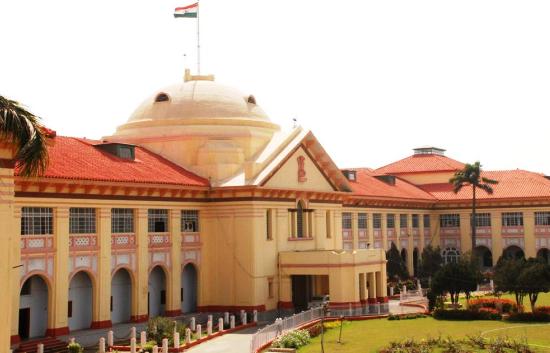LI Network
Published on: October 19, 2023 at 10:30 IST
The Patna High Court has overturned the conviction of the accused individuals in a murder case. The decision was based on the crucial factor that the prosecution had failed to examine a material witness who was intentionally withheld, leading to prejudice against the appellants.
The case involved a batch of three criminal appeals challenging the common judgment of conviction and sentencing issued by the Trial Court.
A Division Bench comprising Justice Sudhir Singh and Justice Chandra Prakash Singh delved into the details of the case. They noted that the individuals mentioned in the First Information Report (FIR) had played a pivotal role in rescuing the deceased from a pond.
They also had the potential to be material independent witnesses, particularly if an oral dying declaration had been made. However, their non-examination by the prosecution led to adverse inferences being drawn against the prosecution. As a result, the High Court determined that the failure to examine this material witness had caused prejudice to the accused appellants.
The High Court further emphasized that the conviction of the appellants in all the appeals was not legally sustainable, as the prosecution had not conclusively proven its case. In the absence of irrefutable evidence, the court found it imperative to acquit the appellants.
In this case, the appellants had been convicted under Sections 302/34 of the Indian Penal Code (IPC) and were sentenced to life imprisonment with a fine of Rs. 50,000, with the alternative of rigorous imprisonment for one year in case of default.
The prosecution’s case revolved around an incident where the informant’s elder brother was attacked with knives by the accused persons. After being gravely injured, the brother was thrown into the water, and he eventually succumbed to his injuries while being taken to the hospital.
The informant lodged a complaint, leading to the arrest and subsequent conviction of the appellants. However, the High Court meticulously examined the evidence and found notable inconsistencies, raising doubts about the veracity of the prosecution’s narrative.
The court emphasized that it is the prosecution’s responsibility to establish the case beyond a reasonable doubt, and the absence of clear evidence regarding the condition of the deceased’s clothing, despite multiple stab injuries, created significant uncertainty.
The court also cited a Supreme Court judgment to underscore the importance of examining material witnesses to ensure a comprehensive prosecution case.
Consequently, the High Court allowed the criminal appeals and acquitted the appellants in light of the evidentiary gaps and the non-examination of crucial witnesses.
Case Title: Shankar Chaudhary v. The State of Bihar

